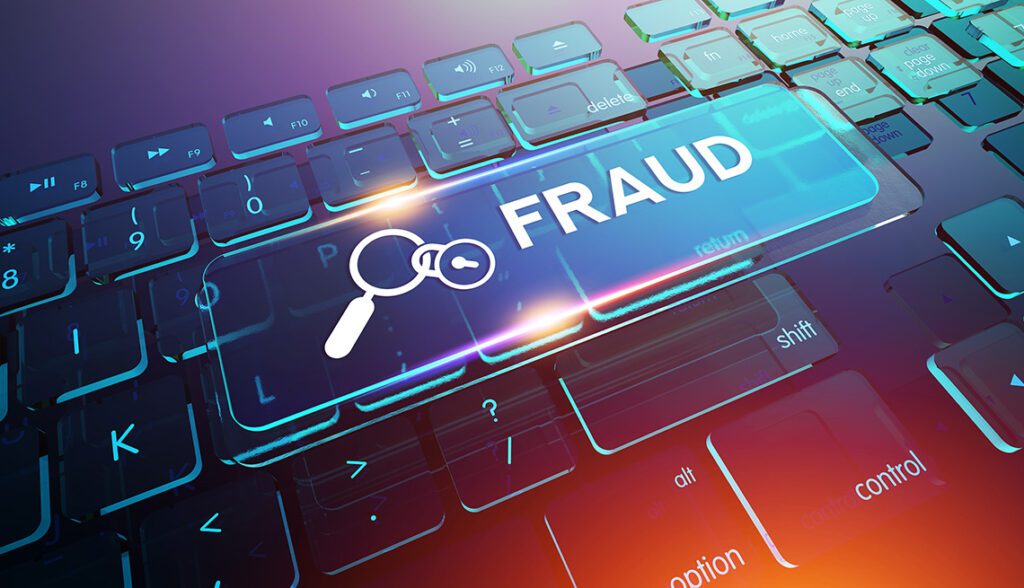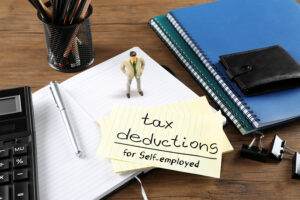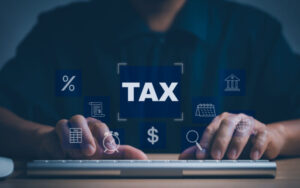The novel coronavirus (COVID-19) crisis has spurred much confusion and unprecedented economic challenges. It has also created ample opportunities for dishonest individuals and criminal organizations to prey on the anxieties of many Americans.
As the year rolls along, fraud schemes related to the crisis will continue as well, potentially becoming even more sophisticated. Here are some protective actions you can take.
Watch out for phony charities
When a catastrophe like COVID-19 strikes, the charitably minded want to donate cash and other assets to help relieve the suffering. Before donating anything, beware that opportunistic scammers may set up fake charitable organizations to exploit your generosity.
Fake charities often use names that are similar to legitimate organizations. So, before contributing, do your homework and verify the validity of any recipient. Remember, if you’re scammed, not only will you lose your money or assets, but those who would benefit from your charitable action will also lose out.
Don’t get hooked by phishers
In a “phishing” scheme, victims are enticed to respond to a deceptive email or other online communication. In COVID-19-related phishing scams, the perpetrator may impersonate a representative from a health agency, such as the World Health Organization (WHO) or the Centers for Disease Control and Prevention (CDC). They may ask for personal information, such as your Social Security or bank account number, or instruct you to click on a link to a survey or website.
If you receive a suspicious email, don’t respond or click on any links. The scammer might use ill-gotten data to gain access to your financial accounts or open new accounts in your name. In some cases, clicking a link might download malware to your computer. For updates on the COVID-19 crisis, go directly to the official websites of the WHO or CDC.
The IRS reports that its Criminal Investigation Division has seen a wave of new and evolving phishing schemes against taxpayers — and among the primary targets are retirees.
Shop carefully
In many parts of the United States, and indeed around the world, certain consumer goods have become scarce. Examples have included hand sanitizer, antibacterial wipes, masks and toilet paper. Scammers are exploiting these shortages by posing as retailers or direct-to-consumer suppliers to obtain buyers’ personal information.
Con artists may, for instance, claim to have the goods that you need and ask for your credit card number to complete a transaction. Then they use the card number to run up charges while you never receive anything in return.
Buy from only known legitimate businesses. If a supplier offers a deal out of the blue that seems too good to be true, it probably is. Also watch out for price gouging on limited items. If an item is selling online for many times more than the usual price, you probably want to avoid buying it.
Hang up on robocalls
You may have noticed an increase in “robocalls” — automated phone calls offering phony services or demanding sensitive information — since the COVID-19 crisis began. For instance, callers may offer COVID-19-related items at reduced rates. Then they’ll ask for your credit card number to “secure” your purchase.
Reputable companies, charities and government agencies (such as the IRS) won’t try to contact you this way. If you receive an unsolicited call from a phone number that’s blocked or that you don’t recognize, hang up or ignore it.
In addition, don’t buy into special offers for items such as COVID-19 treatments, vaccinations or home test kits. You’ll likely end up paying for something that at best doesn’t exist and at worst could harm you.
Tarnish their gold
For fraudsters, this year’s worldwide crisis is a golden opportunity. Don’t let them take advantage of you or your loved ones.
Can You Qualify for the Payroll Tax Credit?
For many businesses, retaining employees has been difficult, if not impossible. If your company has been able to keep all or some of its workers, you may qualify for the payroll tax credit created under the Coronavirus Aid, Relief, and Economic Security (CARES) Act, known as the Employee Retention Credit.
Assessing your qualifications
The Employee Retention Credit provides a refundable payroll tax credit for 50% of wages paid by eligible employers to certain employees. The credit is available to employers whose operations have been fully or partially suspended as a result of a government order limiting commerce, travel or group meetings during the novel coronavirus (COVID-19) crisis.
The credit is also available to employers that have experienced a greater than 50% reduction in quarterly receipts, measured on a year-over-year basis. When such an employer’s gross receipts exceed 80% of the comparable quarter in 2019, the employer no longer qualifies for the credit beginning with the next quarter.
The credit is unavailable to employers benefitting from certain Small Business Administration loan programs or to self-employed individuals.
Examining wages paid
For employers that had an average number of full-time employees in 2019 of 100 or fewer, all employee wages are eligible, regardless of whether an employee is furloughed or has experienced a reduction in hours.
For employers with more than 100 employees in 2019, only wages paid to employees who are furloughed or face reduced hours because of the employer’s closure or reduced gross receipts are eligible for the credit. No credit is available for wages paid to an employee for any period for which the employer is allowed a Work Opportunity Tax Credit with respect to the employee.
In the context of the credit, the term “wages” includes health benefits and is capped at the first $10,000 in wages paid by the employer to an eligible employee. Wages don’t include amounts considered for required paid sick leave or required paid family leave under the Families First Coronavirus Response Act. In addition, wages applicable to this credit aren’t taken into account for the employer credit toward paid family and medical leave.
Claiming advance payments and refunds
The IRS can advance payments to eligible employers. If the amount of the credit for any calendar quarter exceeds applicable payroll taxes, the employer may be able to claim a refund of the excess on its federal employment tax return.
In anticipation of receiving the credits, employers can fund qualified wages by 1) accessing federal employment taxes, including withheld taxes, that are required to be deposited with the IRS or 2) requesting an advance of the credit from the IRS on Form 7200, “Advance Payment of Employer Credits Due to COVID-19.” The IRS may waive applicable penalties for employers who don’t deposit applicable payroll taxes in anticipation of receiving the credit.
Obtaining relief
The credit applies to wages paid after March 12, 2020, and before Jan. 1, 2021. Contact our firm for help determining whether you qualify and, if so, how to claim this tax break.







